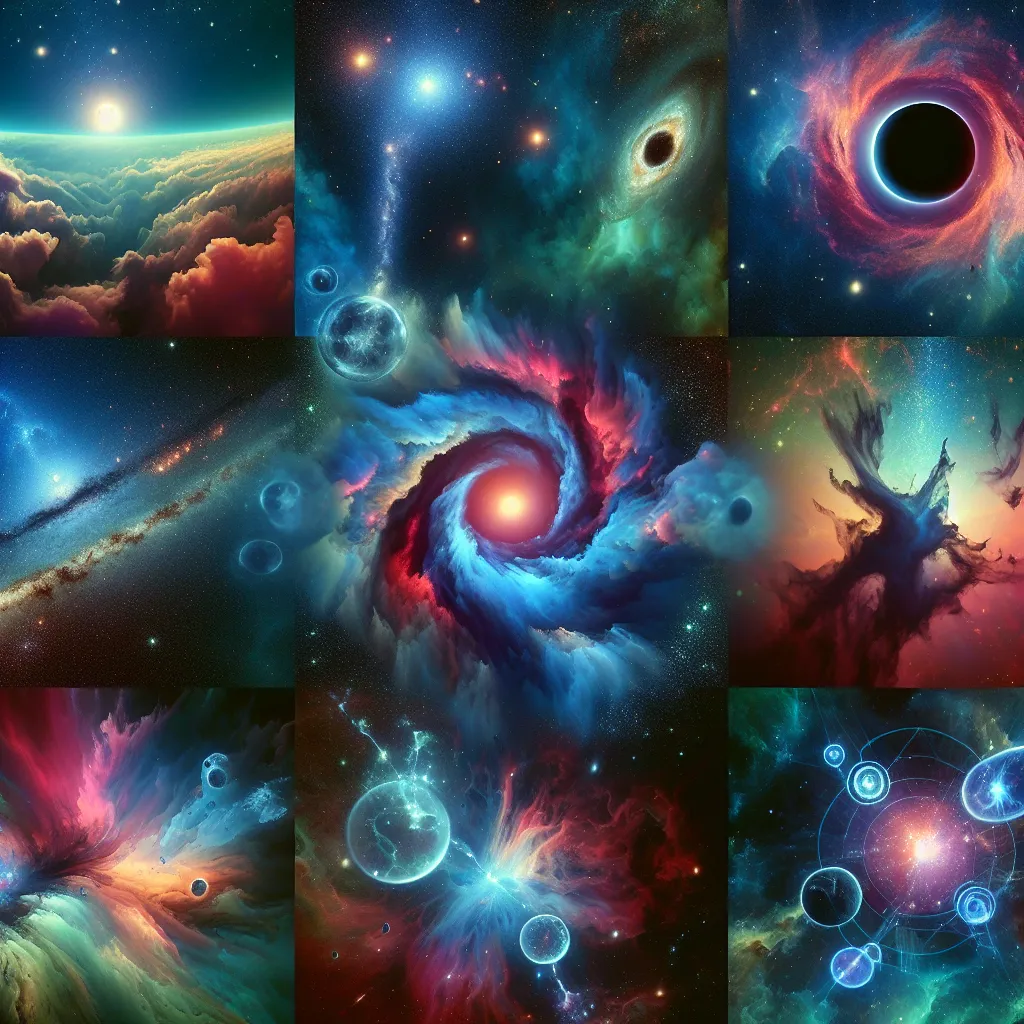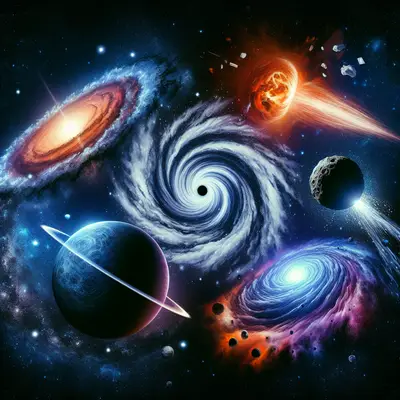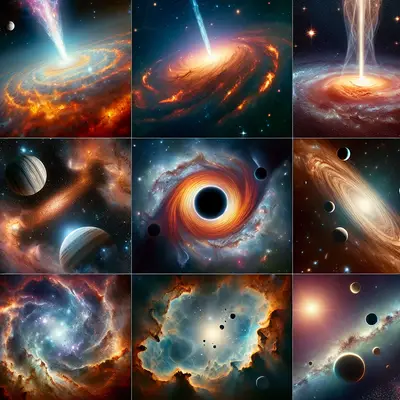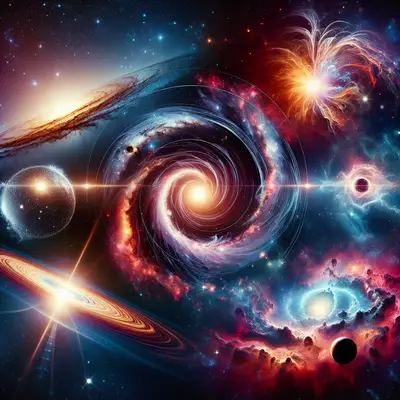The Mystery of Dark Matter
Dark matter is one of the most perplexing phenomena in cosmology. It is invisible, yet it makes up about 27% of the universe. Scientists cannot see dark matter directly, but they know it exists due to its gravitational effects on galaxies. The hunt for dark matter continues, with astronomers utilizing innovative methods and technologies to unlock its secrets.
The Enigma of Neutron Stars
Neutron stars, the remnants of exploded stars, are among the universe's most exotic objects. They are incredibly dense—their mass is about 1.4 times that of the sun, yet they are only about 10 miles across. Recently, scientists have discovered that these stars may contain the most extreme and bizarre forms of matter in the universe, known as "quark matter".
The Marvel of Gravitational Waves
Gravitational waves, first predicted by Albert Einstein's theory of general relativity, are ripples in the fabric of space-time caused by some of the most violent and energetic processes in the universe. Their detection has opened a new way of observing the universe—allowing scientists to study celestial events like collisions of black holes.
The Wonder of Exoplanets
Exoplanets, planets that orbit stars outside our solar system, have been a source of intense fascination. As of now, scientists have discovered over 4,000 exoplanets, which have a wide range of sizes, compositions, and orbits. Some of these exoplanets have conditions that could be suitable for life, sparking exciting questions about the possibility of extraterrestrial life.
The Phenomenon of Cosmic Microwave Background
The Cosmic Microwave Background (CMB) is the afterglow of the Big Bang, which happened about 13.8 billion years ago. Mapping the CMB allows scientists to understand more about the birth and evolution of the universe. The patterns in the CMB also provide clues about the fundamental laws of physics.
Conclusion
These uncharted cosmic events provide tantalizing glimpses into the universe's mysteries. Each discovery pushes the boundaries of our knowledge and fuels our desire to learn more about our cosmic home. The universe, in all its complexity and wonder, continues to inspire and captivate us. As we continue to explore the cosmos, who knows what other extraordinary phenomena we'll encounter?



